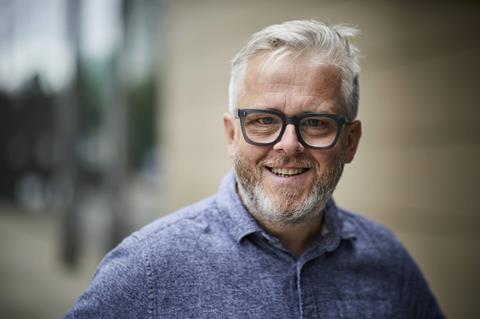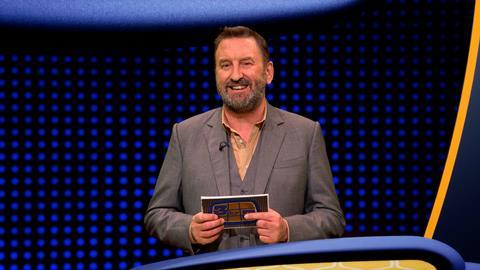Embracing tech such as virtual production can help navigate challenging periods in a sustainable way, says the Dock 10 head of studios
It is clearly a challenging time for the industry, but you can’t examine the current climate without taking account of the recent past. Production was halted due to Covid in 2020 then took off like crazy post-lockdown.
But things have change. The economy has been on its knees, with inflation running at roughly 10%. The Tokyo Olympics and the Fifa World Cup changed the dynamic of what was being commissioned and, more recently, public service broadcasters have had commitments to deliver coverage of major events like the coronation and Eurovision.
Factor in the BBC licence fee freeze, a ‘For Sale’ sign hanging over Channel 4 for months and the ongoing slump in advertising and you have a situation where gauging how the market is faring compared with last year, let alone predicting what’s coming up, is tricky.
At Dock 10, we are grateful to have many clients with heritage shows that return to us – whether that’s Match Of The Day, Blue Peter, University Challenge or Countdown. The BBC has just extended its deal with Dock 10 until March 2027.
“Virtual studios can help productions create imaginative sets while saving time and money and meeting sustainability targets”
By the same token, we are looking forward to welcoming the return of Deal Or No Deal (Remarkable Entertainment for ITV) and Jeopardy (Whisper North for ITV, hosted by Stephen Fry). We are also working with a number of indies on pilots for new unscripted content, discussing what we can contribute to help turn their show into a full commission.
Entertainment boost
The idea of filming in a virtual studio is gaining traction for entertainment shows, having grown in popularity in news and sport. The reason is straightforward: virtual studios can help productions create imaginative sets while saving time and money and meeting sustainability targets.
Dock 10 is at the forefront of real-time virtual studio production in the UK. We have employed the technology to create virtual and hybrid sets for shows such as BBC Bitesize Daily, MOTD, the FIA GT World Championships and Dinosaur.
Using the technology does come at a cost for any studio operator. Equipment aside, you need to invest in staff and skills training, and you mustn’t rest on your laurels. We continue to research and learn from every project we do.
To all intents and purposes, the surprise episode of Inside No. 9 (pictured top) looked like a new quiz show pilot featuring comedian Lee Mack. But physical sets for quiz shows are expensive to build and traditionally pay for themselves over the long run by being used for multiple series.
So the show was filmed in our virtual studio over two days – about the same timeframe for a shoot it in a traditional multicamera studio – which provided a great deal of flexibility for lead creatives Reece Shearsmith and Steve Pemberton.
Understanding the utility of virtual sets also pays dividends for achieving sustainability goals. For example, with less need for set builds and creative use of LED lighting rigs, virtual sets will deliver energy efficiencies.
One of the great things Dock 10 has been consistently doing since we opened is to scan the horizon for new technology, assess what is relevant to our client base and use that knowledge to help them translate their ideas to reality. We see it as our duty to understand what new technology can be used for and what impact it could have on programme formats.

We run a very active customer advisory board full of experienced people with whom we regularly consult on how can we improve and change. In addition, Florian Block has joined us as our new R&D lead, AI & immersive. He will be working with Dock 10 to deliver custom solutions for multi-camera virtual production, building key relationships with academic centres and expanding our capabilities in immersive and interactive content.
- Andy Waters is head of studios at Dock 10









No comments yet